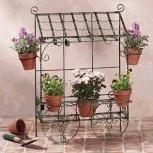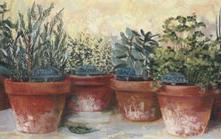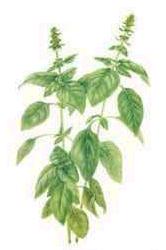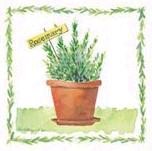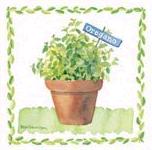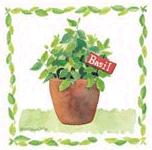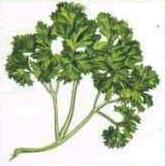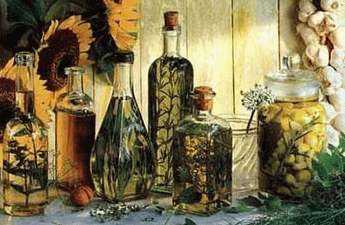
Candida Martinelli's Italophile Site

Main
Page This family-friendly site celebrates Italian culture for the enjoyment of children and
adults. Site-Overview
Balcony gardens are common in places where many people live in
apartments or condominiums. Italy is just such a place.
Throughout Italy, you can see colorful, vibrant, charming
balcony gardens that bring life to city landscapes all summer long.
For the people inside the apartments, balcony gardens have many esthetic
and healthy virtues:
reduction of noise that enters through widows, open
and closed, improved views from the windows, plants block city dust from entering apartments, plants cool the air before it enters an apartment, fresh herbs grown on balconies add flavor and
nutrition to food. Plastic Corner Balcony Planter to use all the space
available Weight and secure fixtures are the two keys to safe balcony
gardens. Keep the weight of your planters low by using plastic
planters and special enhanced soils so you can use less soil Securely attach all balcony pots and planters so
there are no accidents with falling objects! Attach as much as possible to the building walls
rather than to your balcony itself, reducing the weight load on the balcony.
Use plastic plugs in the wall holes to keep the screws from loosening in the
wind. Plastic Wall-Mounted Planters Wall-mounted Bacchus Planter Plant up your pots and planters densely so they
look great immediately. Don't be afraid of color. In your small space, use strong,
vibrant, clashing colors. If possible, use fragrant plants that will carry their
perfumes inside with the breeze. Use long-flowering annuals to get a great show all summer
long. Long and Abundant Flowering Annuals in Hanging Baskets Geraniums are probably the most popular flowers on Italian
balconies, and the flower many people associate with Italy! It's actually
a perennial if you live in a mild climate. Fertilize your plants with a liquid fertilizer with every
watering to keep them healthy and flowering as long as possible. If you live in a very hot climate water often and use
special gelatin crystals that help retain moisture in the soil. If regular watering is a problem for you, invest in some 'self-watering'
pots and planters. Or you can use the old wine bottle trick: Fill a wine bottle with water and stick it top down in the soil. The water
is released slowly into the soil as the soil dries. This trick can keep a
plant moist for several days to weeks, depending on the weather. An Italian-Style Wall-Mounted Planter Plant out pots of herbs at the beginning of summer and you
can have freshly picked herbs all summer long. Pick off the mature
leaves for use. Leave the young leaves to keep growing. Wall-Hanging Herb/Plant Rack It's best to buy pots of herbs already sprouting.
It saves time and energy and gives you herbs to use immediately. They're
not very expensive, either, these days. Many herbs do well in shade and in poor, sandy soil.
So you don't have to be too fussy with them. Be sure to clip or pinch off the seeds when they sprout at the
tips of your herbs. This will keep them growing longer. The
expression 'gone to seed' means they are going dormant and seeding for next
year. By removing the seed-heads, you prolong your herb's growth phase.
They'll grow back. Either remove them again, or leave them if you want
flowers. Most herbs have purple flowers. Pinch off the seeds to extend growing Rosemary is an evergreen but doesn't like it's roots
frozen or it may die. It has pretty purple flowers at the end of
summer. Rosemary is especially wonderful with potatoes and meat dishes. Oregano is a perennial; it grows back each
year. It has strongly-scented, purple flowers at the end of summer.
It's great in sauces and in breads and rice dishes. Basil is very tender and it's odor attracts snails and caterpillars,
so keep an eye out for them if you live near the ground. It comes mainly in green
and purple varieties. Purple is harder to grow and, I think, less attractive on the
plate. Wonderful on freshly sliced tomatoes. I find that parsley doesn't grow fast enough to use as
much as you'd like, so if you have access to bunches of it at your grocery
store, it's best to buy it there. If you only use a bit, then try growing
your own and picking it
fresh. It has a stronger flavor home-grown. At the end of the growing season, usually around
October, clip the herbs that are left and put them in glass bottles with
vinegar and sliced cloves of garlic. Cork the bottles and within
weeks, you have herbed vinegar for use on salads or for use in
marinades. It doesn't go bad. The longer it sits, the
stronger the flavor, and mellower the vinegar gets.
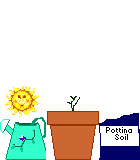
Balcony
Gardens
![]()
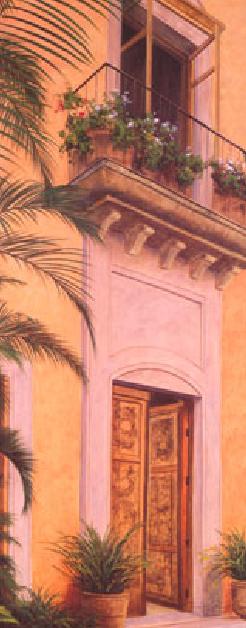
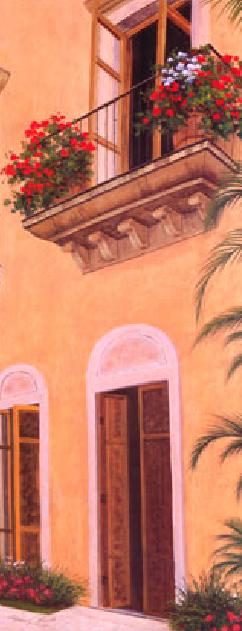
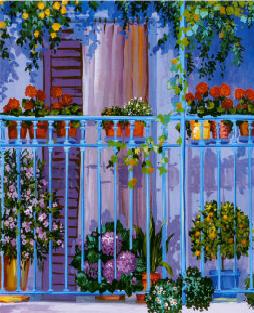
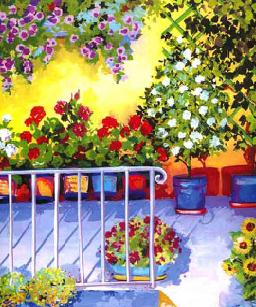

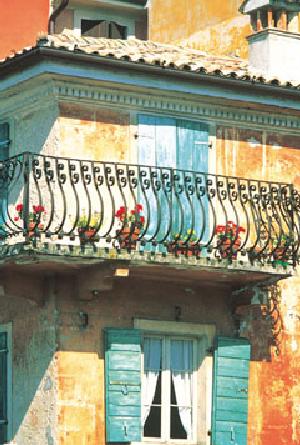
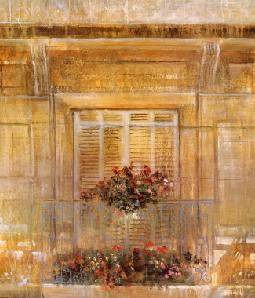
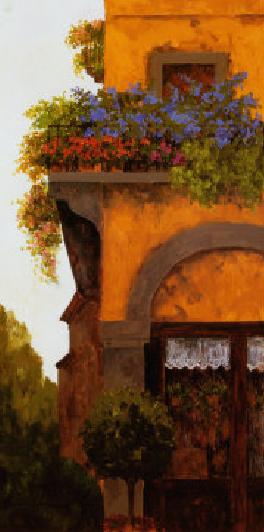
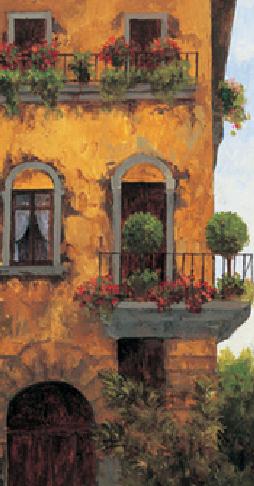
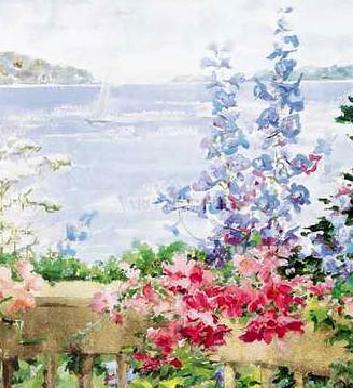

Benefits of Balcony
Gardens
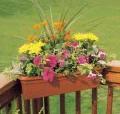
Two Key Features
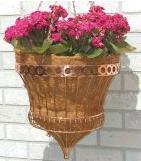

Plants and Care
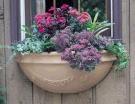

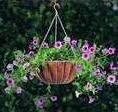
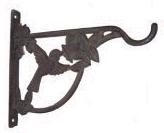
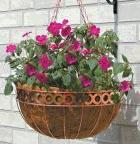
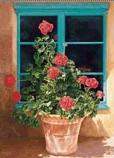
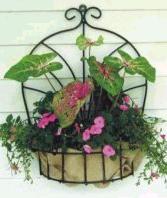
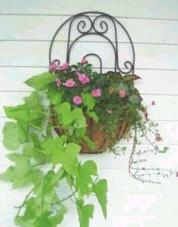
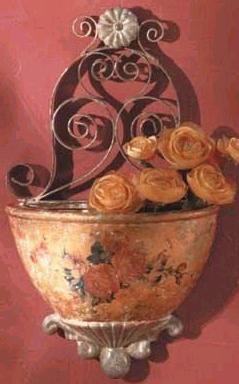
Herbs
